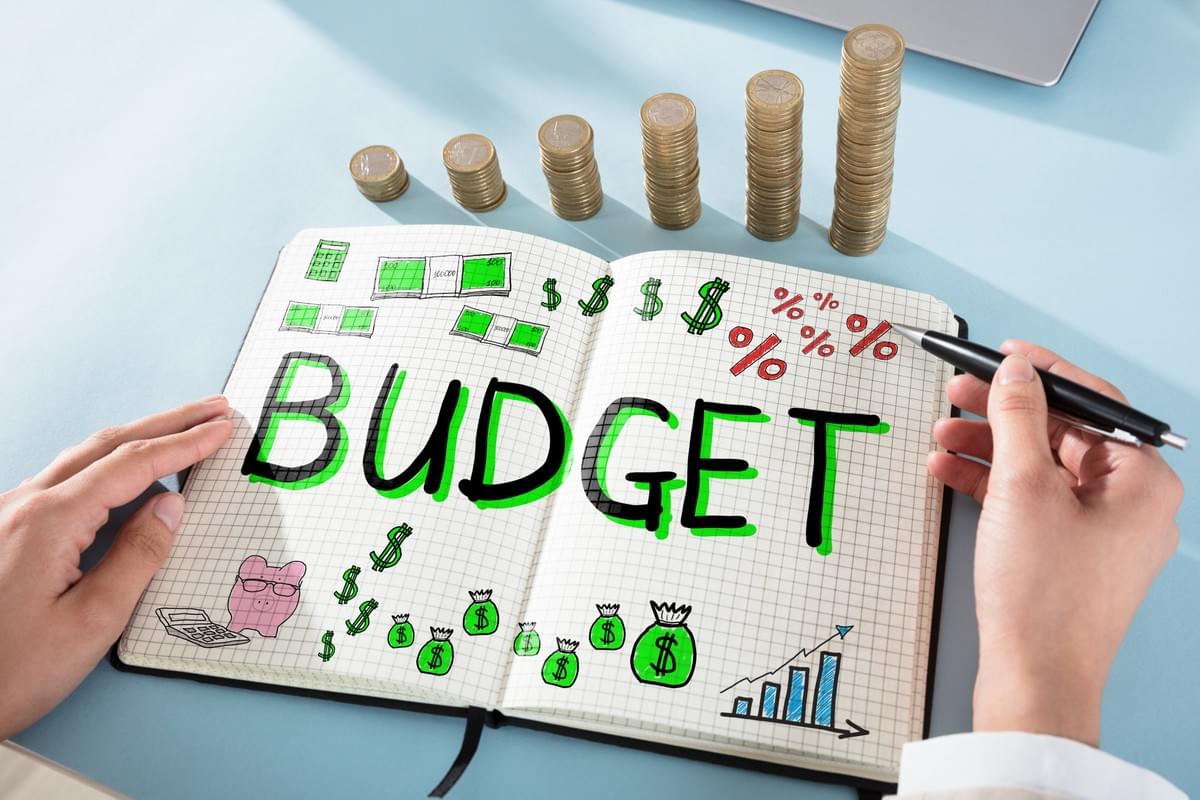
The first step in personal budget planning is to determine the monthly income and expenses of your household. It is likely that most of your income comes from the job you or your spouse holds. Once you have totaled up this amount, you should add up other sources of income. If your household income is not steady, you can consider a part-time job or other additional sources of income. You should then create a monthly budget. By analyzing your income and expenses, you will have an idea of how much money you need to spend on a particular area of your life.
Once you know how much you need to spend each month, you can begin creating your budget. You should start by listing your fixed expenses. These are those that are inevitable and must be included in your budget. These include your mortgage or rent payments, car payments, internet service, trash pickup, and regular childcare. Other important items to include in your budget include standard credit card payments, savings amounts, and debt repayment. You should also include any unexpected expenses, such as medical bills or a car repair. Explore more about personal budget planning at moneypatrol.com.
Make sure you have a clear idea of your overall financial goal before starting your personal budget planning. This will help you understand how you spend your money and maximize your earnings. It is a commitment to your goals and will require some lifestyle changes. You can use a pen and paper to create a budget, or use a more sophisticated tool like Microsoft Money. A good personal finance plan will give you a clear understanding of your monthly income and expenses.
When creating your personal budget, be sure to enter all your income and expenses accurately. You don't want to forget any bills or unexpected expenses! You should also add 10 percent to account for any miscellaneous expenses. It is also important to know your monthly income and sources of income. If you don't have a bank account, the money you earn will come from other sources. A good financial plan can help you reach your financial goals.
When planning a personal budget, you need to be clear about your goals. You need to know what you want to achieve with your money. Once you have a goal in mind, you need to make lifestyle changes to make it happen. A great personal budget is not about making lists; it's about sticking to a set of goals. However, a good personal budget helps you set priorities for spending and allocate your income accordingly. It also helps you understand your income and expenses. Here is a full article discusss more about personal budget.
A personal budget is not just about keeping track of all expenses, but it also helps you develop a better sense of your financial situation. Whether you're a college student or a single working parent, personal budget planning is essential for you to create a balanced life. By identifying your needs and wants, you can better determine how to allocate your money and keep you out of debt. If you don't have a savings account, you should consider putting some money aside for emergencies. This link https://en.wikipedia.org/wiki/Personal_budget sheds light into the topic—so check it out!